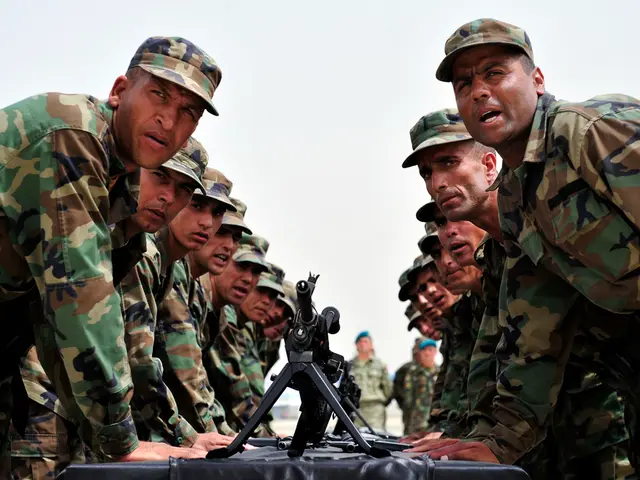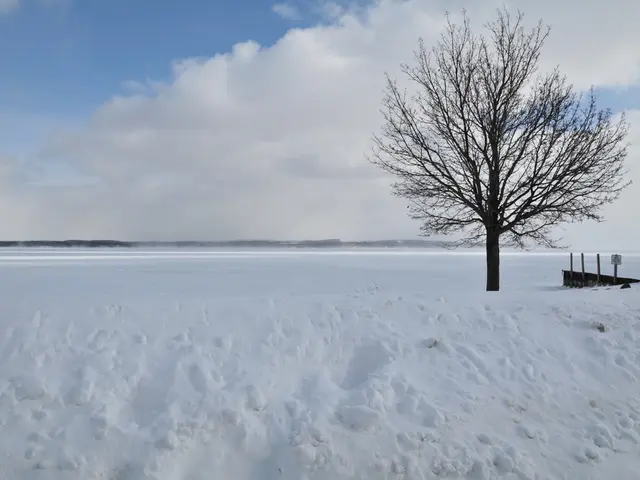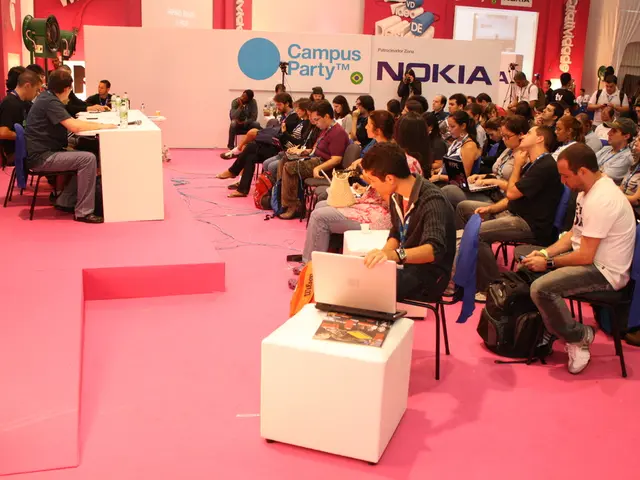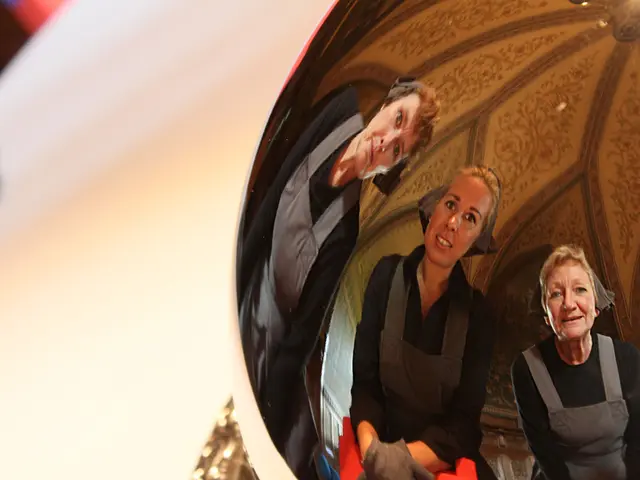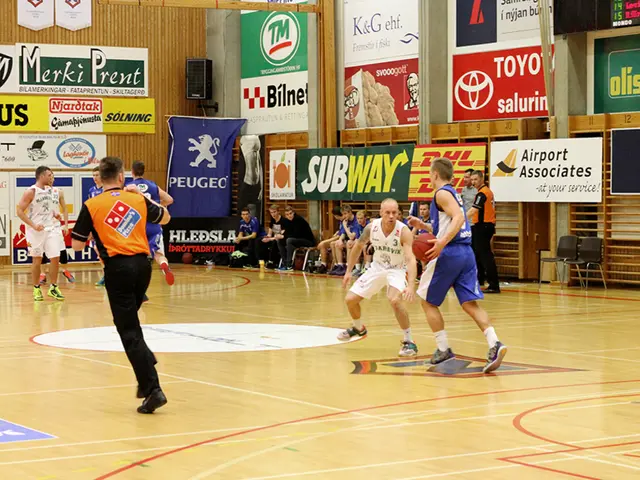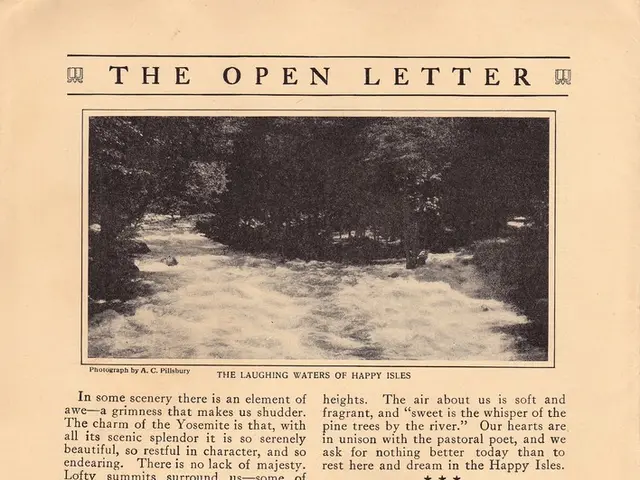A Tale of Two Parades: Ukraine and Russia Honoring Victory over Nazism
Zelenskyy Speaks to Ukrainians in Kyiv as Russian Airspace Remains Restricted
On May 8, Ukrainian President Volodymyr Zelenskyy walked down the bustling streets of Kyiv to deliver a selfie-style address for Ukraine's Day of Remembrance and Victory over Nazism. In stark contrast, on May 9, Moscow hosted its annual Victory Parade, a grandiose spectacle of military power.
"Every evil inevitably comes to an end," Zelenskyy stated, walking towards Kyiv's Independence square. He referenced the eerie calm that once draped over Khreschatyk during the initial days of Russia's invasion, a reminder of the only "parade evil can get here."
In 2023, Ukraine commenced celebrating its Day of Remembrance and Victory over Nazism on May 8. This selection diverges from the Soviet tradition of May 9, decorating the streets with a somber remembrance of the war's victims rather than a militaristic display.
Zelenskyy's address signifies a shift from the triumphant tone of past events, echoing the universal desire for peace and reconciliation. Conversely, the Kremlin presents May 9 as a day of military glory and national pride, with an undeniable link to the Soviet legacy and identity.
Commentators describe this divergence as a clash of historical memories and political identities. Ukraine intends to break free from the Soviet narrative, contradicting contemporary aggression, authoritarianism, and militarism. Russia, on the other hand, emphasizes the historical legitimacy of its actions through its Victory Day parade.
This contrast reflects an intricate web of political, historical, and ideological differences between the two nations. The legacy of World War II continues to shape their national narratives, each observance a testament to their unique paths and attitudes towards the past, present, and future.
- Ukrainian President Volodymyr Zelenskyy, speaking on WhatsApp, urged for peace and reconciliation on Ukraine's Day of Remembrance and Victory over Nazism, contrasting it with the grandiose military display of Russia's annual Victory Parade.
- In response to Russia's invasion, Ukraine has shifted its commemoration day to May 8, steering away from the militaristic tone and instead decorating the streets with a somber reminder of the war's victims.
- Despite the shift, Russia persists in celebrating May 9 as a day of military glory and national pride, a tradition deeply rooted in Soviet legacy and identity.
- The disparity in commemoration practices between Ukraine and Russia presents a complex dynamic influenced by politics, historical narratives, and ideological differences, demonstrating each nation's unique approach to their past, present, and future.

